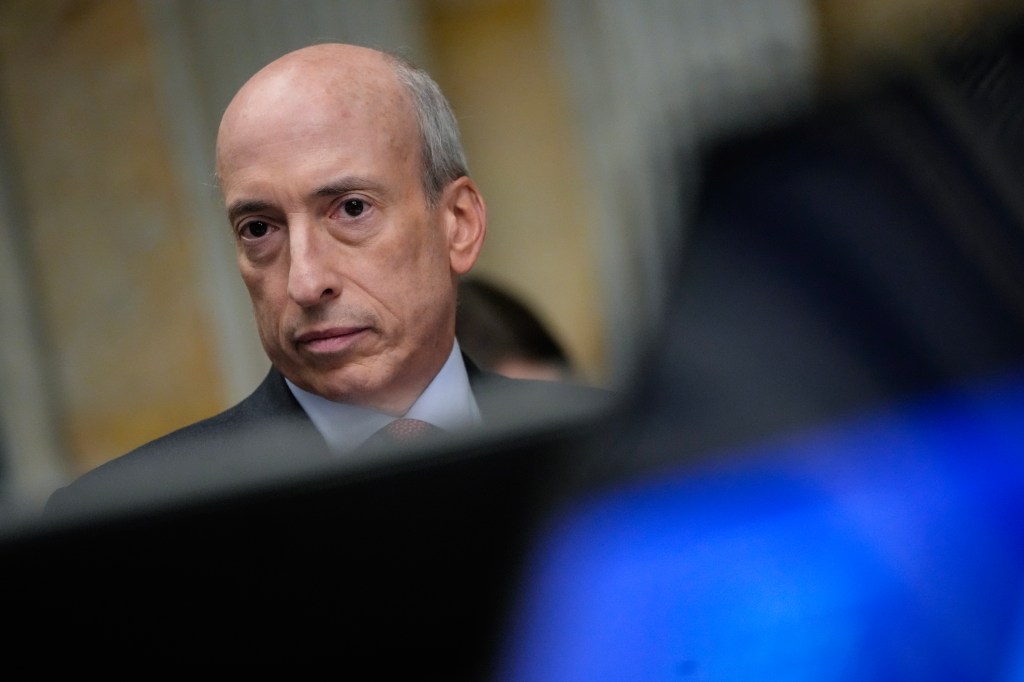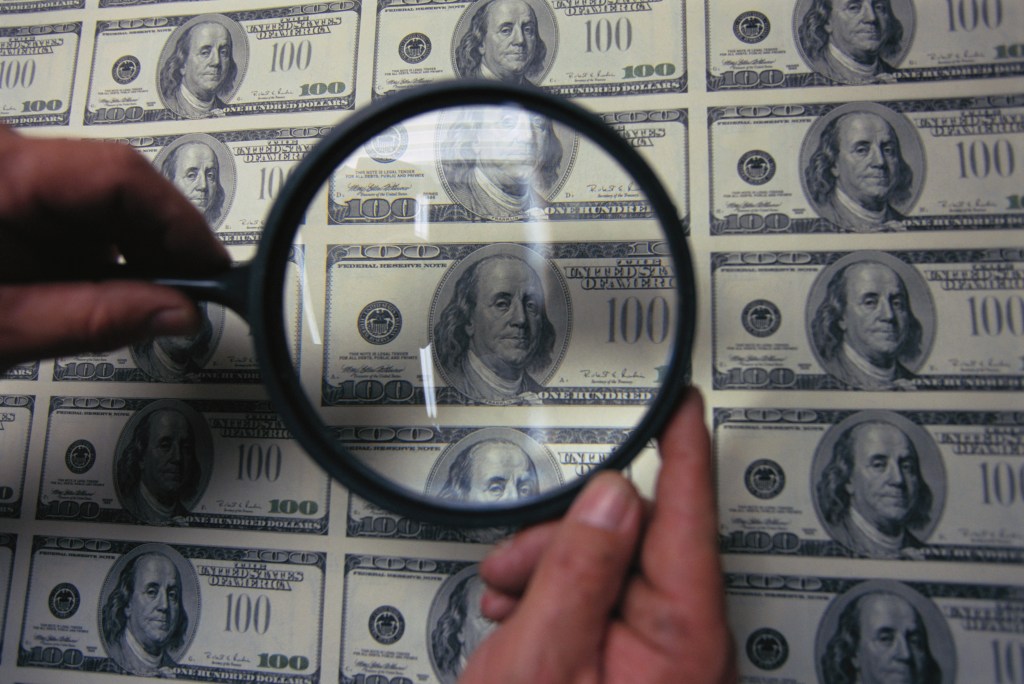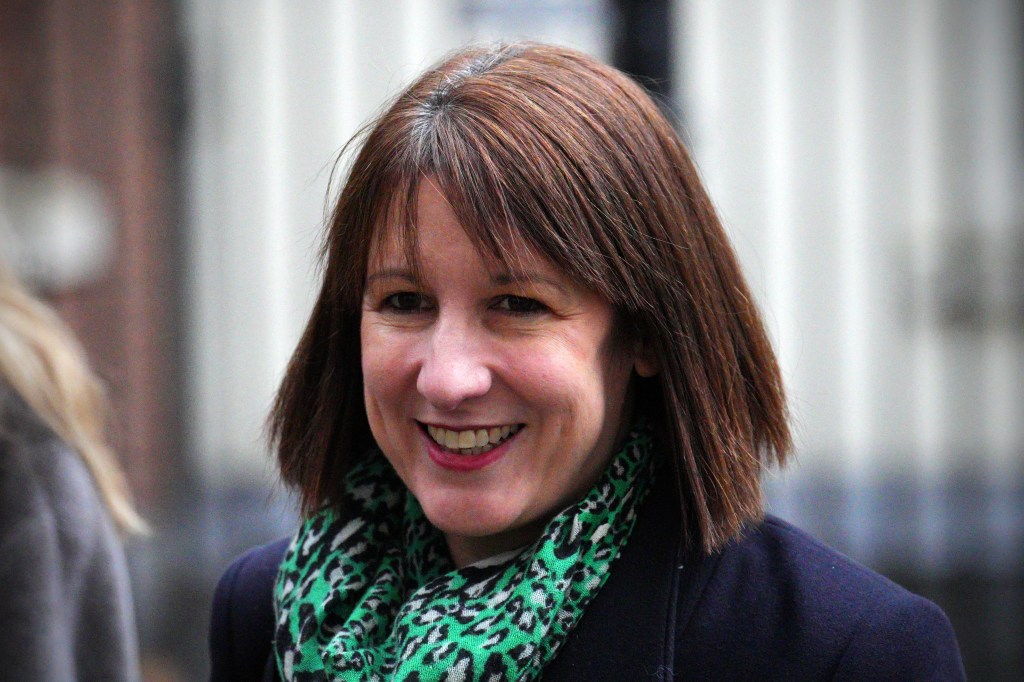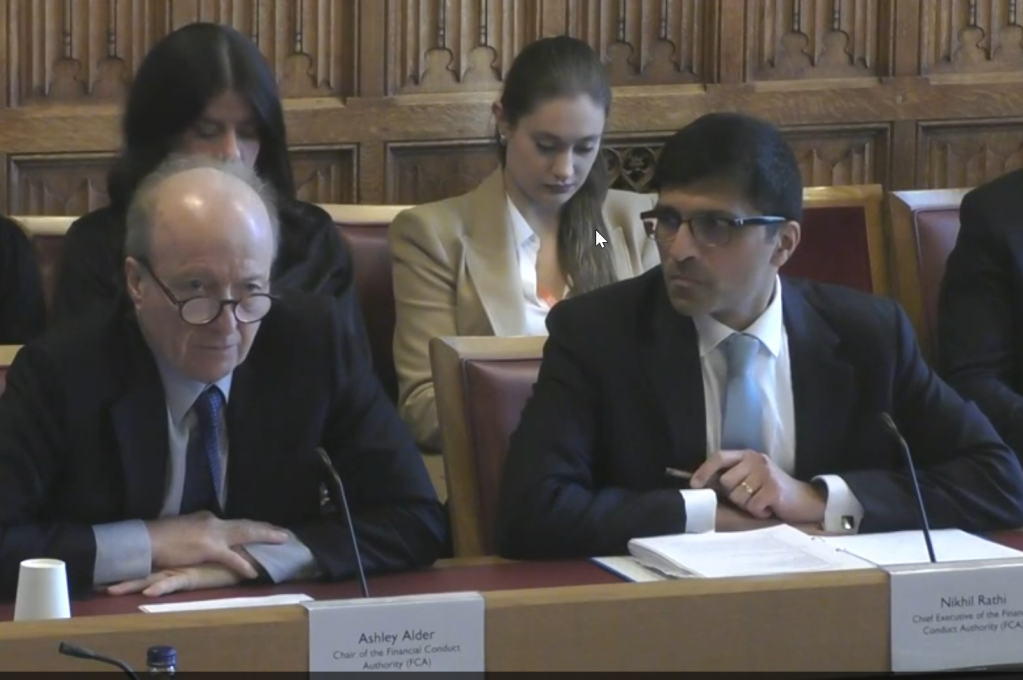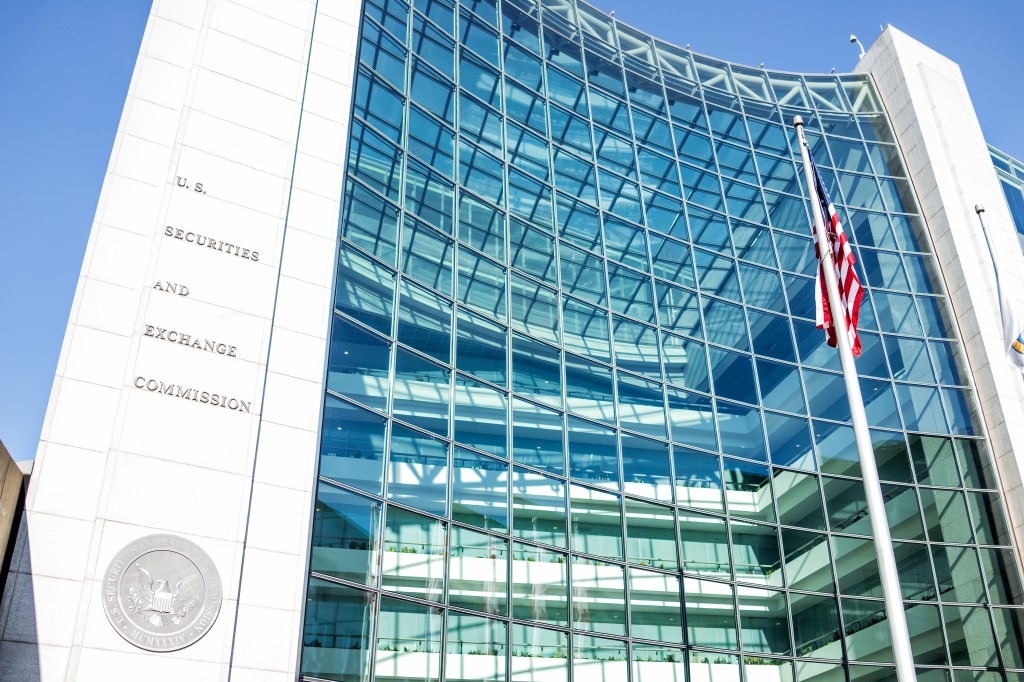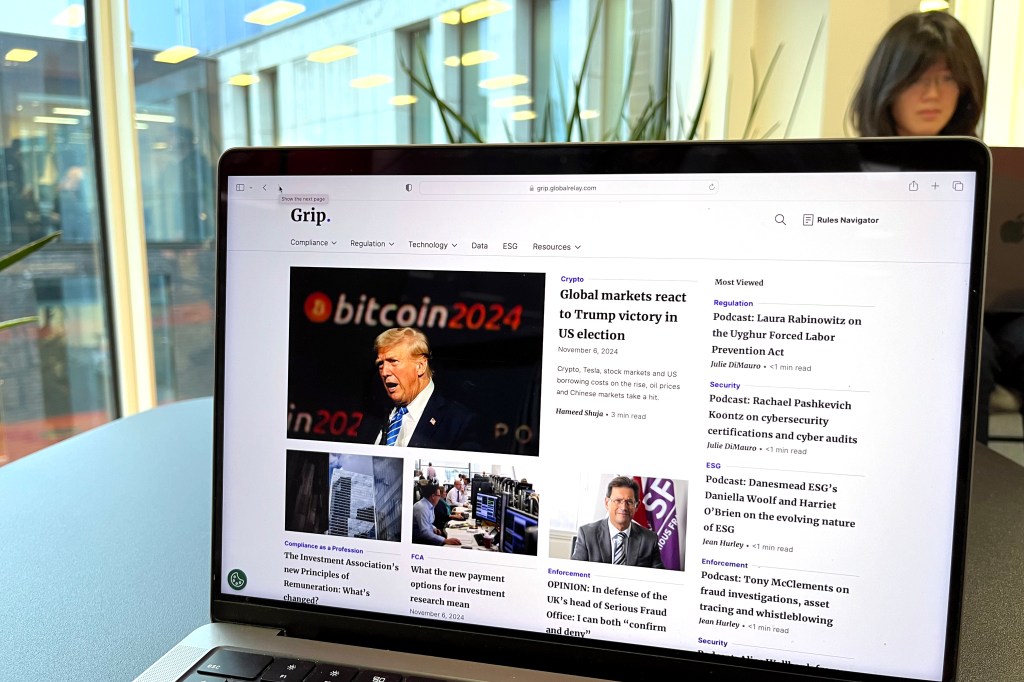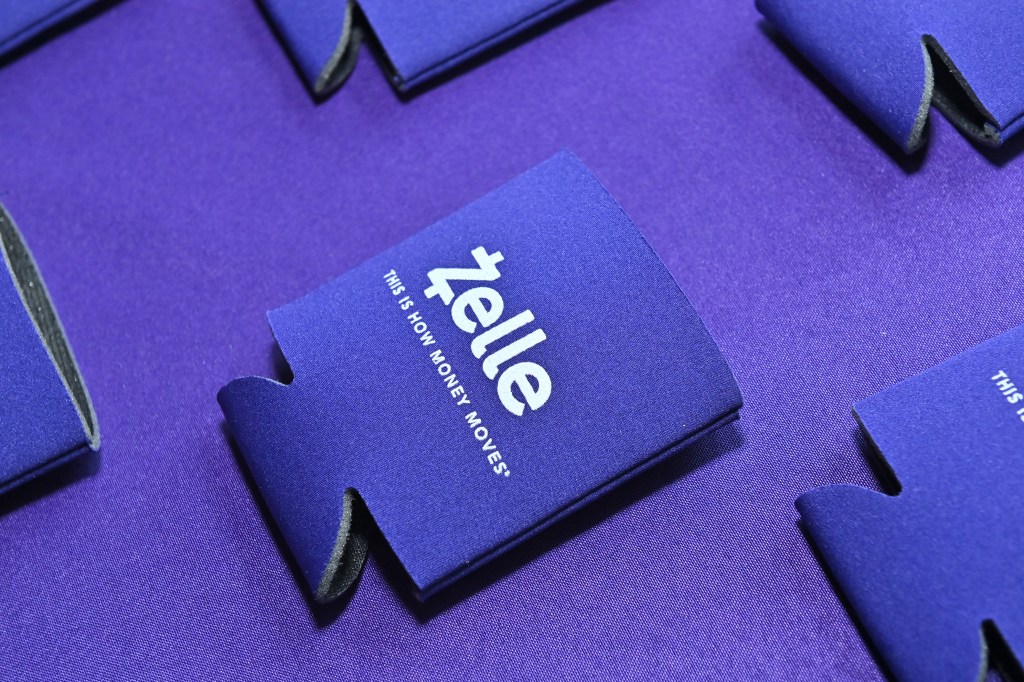JPMorgan Chase, Bank of America and Wells Fargo are among banks to have been contacted by the Consumer Financial Protection Bureau (CFPB) about whether they are doing enough to protect their Zelle account holders enough from scammers.
The information was disclosed in security filings over the past week and, the WSJ reported, other large banks are expected to make similar disclosures soon.
Zelle, the peer-to-peer (P2P) payment that is owned by a consortium of seven banks, including JPMorgan and Bank of America, was created in 2017 to compete with popular money-transfer services such as Venmo and Cash App. It is run by network operator Early Warning, which provides technology solutions to companies offering bank accounts and payment services and other solutions to “get money moving.”
Inquiry and potential lawsuits
The CFPB’s inquiry is broad in nature and meant to examine how the banks respond when customers dispute transactions made through Zelle, sources told the WSJ.
Part of the CFPB’s probe focuses on whether banks are proactive enough in shutting down accounts controlled by scammers, those sources said. The CFPB is also examining the degree to which banks vet the identity and background of deposit-account customers who end up being bad actors.
In JPMorgan Chase’s filing, the bank said that it is responding to inquiries from the CFPB about the transfers of funds through Zelle, and the bank said it was considering suing the CFPB due to the inquiry.
“In connection with this, the CFPB Staff has informed the Firm that it is authorized to pursue a resolution of the inquiries or file an enforcement action,” the filing said. “The Firm is evaluating next steps, including litigation.”
Wells Fargo disclosed inquiries regarding Zelle as being initiated by “government authorities” who have been “conducting formal or informal inquiries or investigations regarding the handling of customer disputes related to fund transfers made through the Zelle Network.”
Protecting customers
Banks are required to refund customers for transactions they didn’t authorize, but there is no legal protection for customers who send the money themselves, and reversing erroneous transfers is usually impossible.
Banks have said the majority of payments made through Zelle are legitimate and don’t believe they could reasonably prevent all misconduct that happens through the service. Steps they have taken in recent years to protect customers include repeated warnings about sending money to strangers.
According to Pew Research Center, some 13% of people who have ever used PayPal, Venmo, Zelle or Cash App say they have sent someone money and later realized it was a scam.
For its part, since last summer, Zelle has required its member banks to reimburse customers for certain disputed transactions even when the victim authorized the payment, such as when scammers impersonate a government official or a customer’s bank.
Early Warning told the WSJ that it has put countermeasures in place and that 99.5% of Zelle transactions are completed without reports of fraud.
Lawmakers’ efforts
Zelle has drawn attention from US lawmakers, including Senators Elizabeth Warren (D-MA), Jack Reed (D-RI) and Sherrod Brown (D-OH).
And earlier this month, Senator Richard Blumenthal (D-CT), issued a press release and the text of a letter to CFPB Director Rohit Chopra in which he called on the regulator to investigate the dispute resolution practices of Early Warning and the three banks that collectively represent 73% of all Zelle transactions. (In other words, JPMorgan Chase, Bank of America and Wells Fargo.)
Blumenthal said that JPMorgan, Wells Fargo and Bank of America reimbursed about 38% of customers reporting unauthorized transactions in 2023, which was down from a 62% reimbursement rate in 2019.
“I further urge you to take appropriate action to ensure that these institutions fully and promptly address consumer reports of fraud, as required by law,” Blumenthal said in his letter to Chopra. “If your investigation finds that an institution has violated the Electronic Fund Transfer Act ‘knowingly and willfully,’ I encourage you to take the strongest appropriate action.”
Last August, the Federal Trade Commission published a consumer alert about payment apps to inform consumers about how scammers typically operate on these apps and sites and advised consumers to verify the identity and authenticity of any party seeking payment or information from them, since many scammers pretend to be their banking institution, or a friend or family member.
User concerns
According to Pew Research Center, PayPal is used by a majority of US adults (57%). Smaller shares report ever using Venmo (38%) or Zelle (36%) and about one-quarter (26%) say they have ever used Cash App, according to its survey, which was conducted in July 2022. In total, 76% of Americans say they have used at least one of these four payment sites or apps.
The survey also revealed that, although 46% of payment users reported being “somewhat confident” that payments apps or sites keep personal information safe from hackers and other unauthorized users, 24% said they are “a little or not at all confident” that these apps or sites will protect them.
And some 13% of people who have ever used PayPal, Venmo, Zelle or Cash App say they have sent someone money and later realized it was a scam, while a similar share (11%) reported they have had their accounts hacked.
CFPB oversight
Last November, the CFPB issued a proposed rule to supervise large providers of digital wallets and payment apps.
Specifically, the proposal calls for companies handling more than five million dollars in annual transactions to be subject to CFPB supervision for compliance with federal funds transfer, privacy, and other consumer protection laws. The proposed rule would finally bring digital wallet offerings from tech giants such as Apple, Google, and others under CFPB supervision.
In the proposed rule, the Bureau points to the “large and increasing significance” of this market in the everyday financial lives of consumers, and cites to a number of studies regarding consumer reliance on these kinds of apps.

